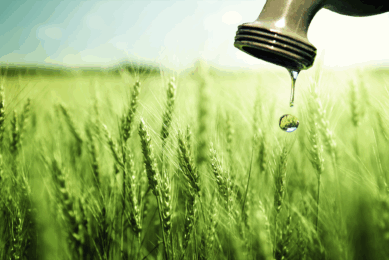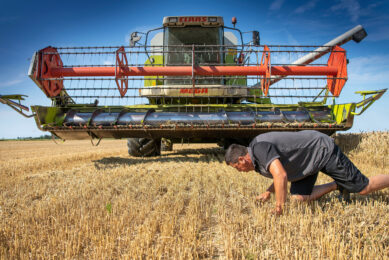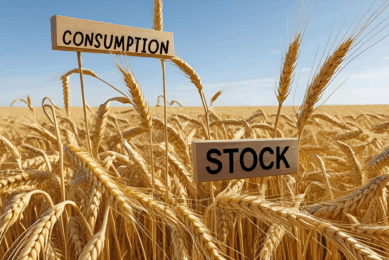Report discusses raw materials for pigs
The Animal Sciences Group (ASG) from Wageningen University has published a new report: Digestibility and nutritive value of several biologically-grown energy-rich feed raw materials in pigs.
Information on digestibility and nutritive value for pigs of
biologically-grown feedstuffs is scarce. Therefore, research was carried out by
ASG in Lelystad with individually-housed growing pigs to assess the fecal
digestibility and nutritive value of 9 energy-rich feed raw materials of which
several cereals. Digestibility was assessed between 40 and 65 kg live weight.
The fecal digestibility of dry matter, organic matter, crude protein, crude fat,
non-starch polysaccharides (NSP), energy and phosphorus were determined using
chromium as a marker.
Most of the raw materials did not deviate much from
the values given in the Dutch Feedstuff Table with regard to chemical
composition, although in most batches the concentration of crude protein was
mostly lower and that of crude fat and starch in the products under
investigation was in most cases higher.
The digestibility of protein in
rye, barley, wheat middlings and peas was clearly lower than listed in the Dutch
Feedstuff Table. For fat, the digestibility was higher in wheat and field beans,
while the digestibility of NSP in most products was lower. The net energy value
of the basal diet was 9.84 MJ/kg. Most of the tested raw materials had a Net
Energy value that was almost similar to the values in the Dutch Feedstuff Table
(2005), except for field beans and peas where the Net Energy was somewhat lower.
The concentration of digestible P was higher in wheat, rye and wheat middlings
than listed in the Dutch Feedstuff Table, while lower concentrations were found
for maize, barley and peas.
The most important results are presented in
the following table.
 |
Related website:
The Full report (in Dutch)











